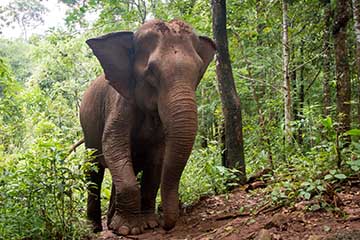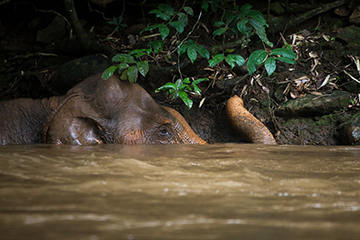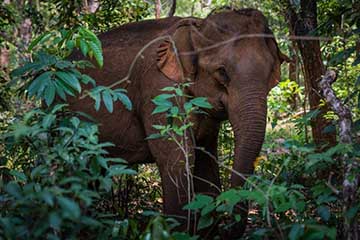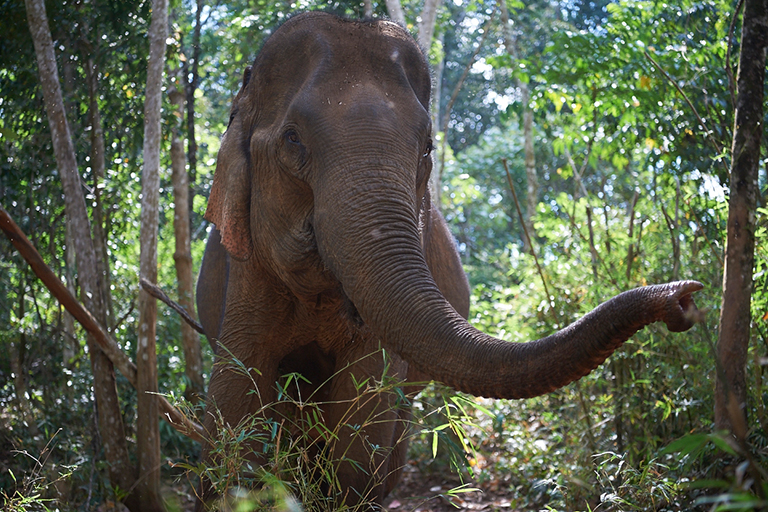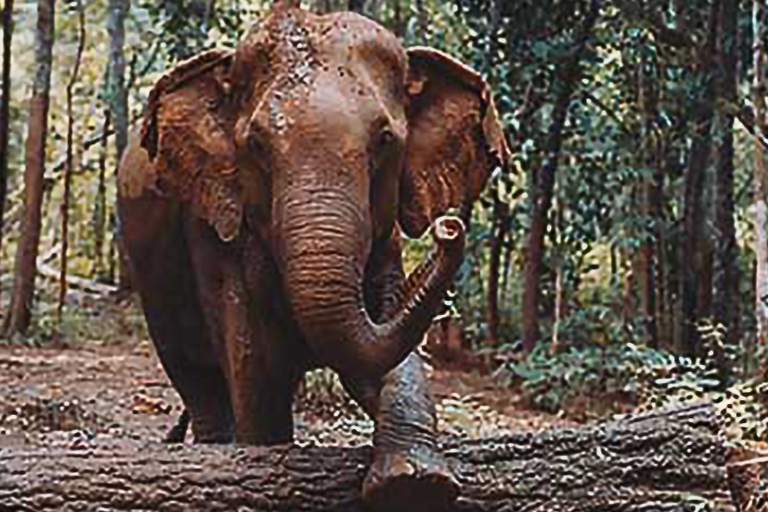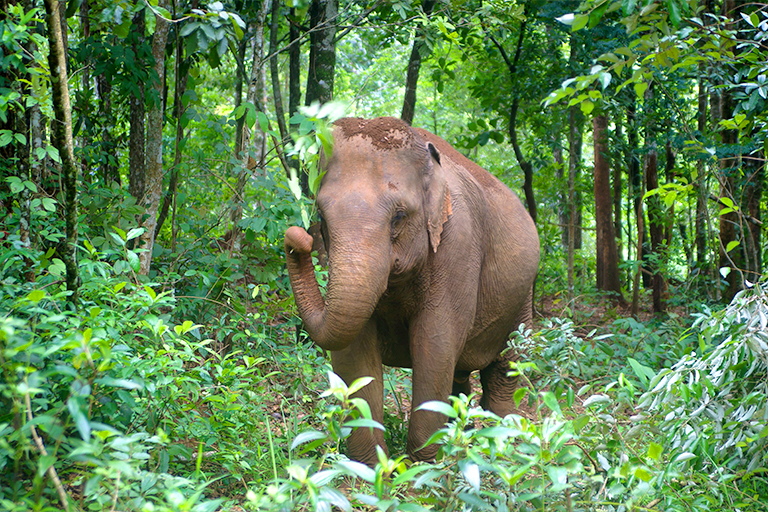Mondulkiri Project
Cambodia Elephant Sanctuary & Jungle Treks
Elephant Sanctuary Visits and Jungle Treks
1 Day Elephant Sanctuary Visit
Observe, feed and wash our elephants at our Jungle Sanctuary
$50
1 Day
Tour runs 7 days a week. Departing from Sen Monorom, Mondulkiri at 8:30am. Bookings Essential via this website.
2 Day Elephants & Full Day Jungle Trek
One day elephant tour + Jungle Lodge + 17km Jungle Trek
$80
2 days / 1 Night
Minimum age: 8 years old
Tour runs 7 days a week. Departing from Sen Monorom, Mondulkiri at 8:30am. Bookings Essential via this website.
1 Day Elephant Sanctuary & Overnight Stay in Jungle Lodge
One day elephant tour + Jungle Lodge Stay
$70
1 Day / 1 Night
Tour runs 7 days a week. Departing from Sen Monorom, Mondulkiri at 8:30am. Bookings Essential via this website.
1.5 Day Elephants & Half Day Jungle Trek
One day elephant tour + Jungle Lodge + 7km Jungle Trek
$90
1.5 days / 1 Night
Minimum age: 6 years old
Tour runs 7 days a week. Departing from Sen Monorom, Mondulkiri at 8:30am. Bookings Essential via this website.
3 Day Elephants & Overnight Jungle Trek
One day elephant tour + Jungle Lodge + 2-day (30km) Jungle Trek
$130
3 days / 2 Nights
Minimum age: 8 years old
Minimum 2 people per departure (solo travellers welcome if joining an existing booking).
Tour runs 7 days a week. Departing from Sen Monorom, Mondulkiri at 8:30am. Bookings Essential via this website.
Welcome to the Mondulkiri Project
The Mondulkiri Project Elephant Sanctuary in Cambodia offers 1, 2, and 3-day tours where you can visit our rescued elephants and hike to stunning jungle waterfalls.
Your visit directly supports:
Forest conservation — protecting vital jungle habitat for wildlife
Elephant rescue — buying or renting elephants to free them from riding camps, zoos, and hard labor
Local communities — providing jobs, medicine, and food to Bunong hill tribe families
We are 100% Cambodian-owned and operated — proudly run by locals, for the benefit of locals. We don’t use foreign tour guides or volunteers, so every job stays in the hands of the community.
Our Elephants
Customer Reviews
Elephants in Cambodia
Elephants are a deeply important part of Cambodia’s natural and cultural heritage — but today, they are critically endangered.
Once used to help build wonders like Angkor Wat, elephants are now threatened by:
- Habitat loss from deforestation and development
- Poaching and illegal wildlife trade
- Snares and traps set for other animals
Fewer Than 500 Elephants Remain
Only about 65 elephants live in captivity across Cambodia — around 20 of them are in Mondulkiri Province.
Disturbingly, some zoos, including Safari World near Phnom Penh, are trying to purchase these elephants for tourism performances.
In the wild, around 400 elephants remain, with about 250 living in the forests of Mondulkiri. Others found in the remote Cardamom Mountains
As roads are built and forests are cleared, even these last strongholds are under threat.
💚 Why Your Visit Matters
At the Mondulkiri Project, we work every day to protect these gentle giants — giving them back their freedom and protecting the forests they call home.
They say an elephant never forgets.
And we promise — you’ll never forget the elephants you meet at our sanctuary.
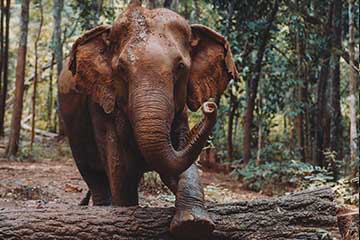


Mondulkiri, Cambodia
Mondulkiri is Cambodia’s largest and wildest province, set high in the remote eastern highlands near the border with Vietnam. Just a 6-hour drive from Phnom Penh or 8 hours from Siem Reap, it borders Vietnam to the east and Ratanakiri Province to the north.
Far from the usual tourist trail, Mondulkiri offers cool mountain air, quiet landscapes, and a chance to explore Cambodia’s wild side.
The provincial capital, Sen Monorom, sits at 800 metres above sea level — making it one of the coolest places in the country.
While you’re here, the highlight is of course a visit to our elephant sanctuary. But Mondulkiri also offers jungle trekking, stunning waterfalls, and rich coffee plantations to explore.
Unlike most of Cambodia, the majority of locals here belong to the Indigenous Bunong community. They’ve lived in harmony with the forest for generations — farming small plots, selling produce in local markets, and working closely with elephants as part of their daily life and culture
